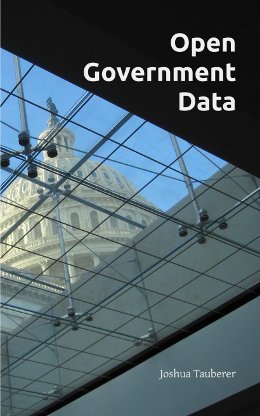A Brief Legal History of Open Government Data
Let’s say we could start from scratch. What would a technologically-enabled open government look like? Would it involve mandatory open records? Live streaming of all public meetings? Maybe the right to information would be a constitutional right — something that new constitutions in the world are beginning to adopt. The new constitution of Kenya which was ratified in the summer of 2010 reads:
(1) Every citizen has the right of access to information held by the State. (2) Every person has the right to the correction or deletion of untrue or misleading information that affects the person.1
Kenya is only the latest and not the first to make information a right. According to the website Right2Info.org the right to government-held information is protected by the constitutions of roughly 40 countries. The Philippines has a particularly strong provision specifically mentioning records, documents, papers, and research data. The United States is conspicuously not among these countries.
But while hypothesizing an ideal right to information may be a useful exercise, the history of the right to government-held information has at least as often as not been born out of the practical, immediate needs of those in power.
 Open Government Data: The Book
Open Government Data: The Book